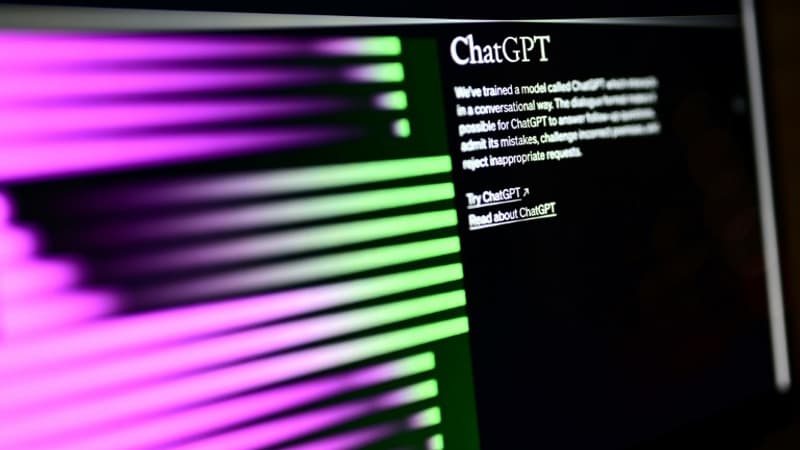OpenAI wants to promote the use of ChatGPT by teachers. Just before the start of the school year, the San Francisco-based company released a guide to explain to teachers how they can use their AI-powered chatbot. OpenAI makes a number of recommendations and provides specific examples. The company details how to develop lesson plans from its tool.
It also explains how teachers from various schools and universities around the world have already taken advantage of ChatGPT to create quizzes and exams, while others invite their students to use the conversational agent to improve their English level or prepare for a job interview.
OpenAI cautions, however, that ChatGPT “doesn’t always produce correct information,” something that teachers have already noted. Since its release at the end of November 2022, many users have reviewed the tool. ChatGPT’s suggestions “are just a starting point; you’re the expert,” the company insists.
OpenAI leaves teachers responsible for the use they may make of the information provided by their agent, remembering that ChatGPT is not necessarily suitable for all courses.
Specifically, OpenAI suggests, for example, that teachers enter their full year’s syllabus to ask ChatGPT to generate sample exams, quizzes to send to students, or lesson plans. The company proposes ideas for writing requests to the AI, for example to ensure that the AI takes into account the level of knowledge of the students at the beginning of the school year.
Among the queries mentioned by OpenAI, the first one is named: “Create lesson plans”. It invites teachers to specify their expectations according to the desired level of knowledge of students at the end of the year, while allowing the generation of a lesson plan in various formats and adapted to face-to-face teaching.
There is no silver bullet for cheating
In a “Frequently Asked Questions” tab, the company also tries to answer the most frequently asked questions from teachers. To the question “Is ChatGPT safe for all ages?”, remember for example that the tool “is not intended for children under 13 years of age” and that children between the ages of 13 and 18 must obtain “the consent of their parents ” to use it. he. Still, nothing prevents a teenager from using ChatGPT without informing anyone.
The fear of teachers is, above all, that students cheat by returning homework, partial or complete, written by artificial intelligence. And faced with this problem, OpenAI does not hide its impotence. Neither tool is truly reliable for detecting content generated by ChatGPT, the company acknowledges. And its tool is also unable to distinguish between content written by humans or by AI, to the point that the company canceled the tool in July.
Therefore, it is useless to ask in one of these programs if a work presented by a student has not been written by him. Especially since students can tweak a text to more easily escape detection.
Source: BFM TV


